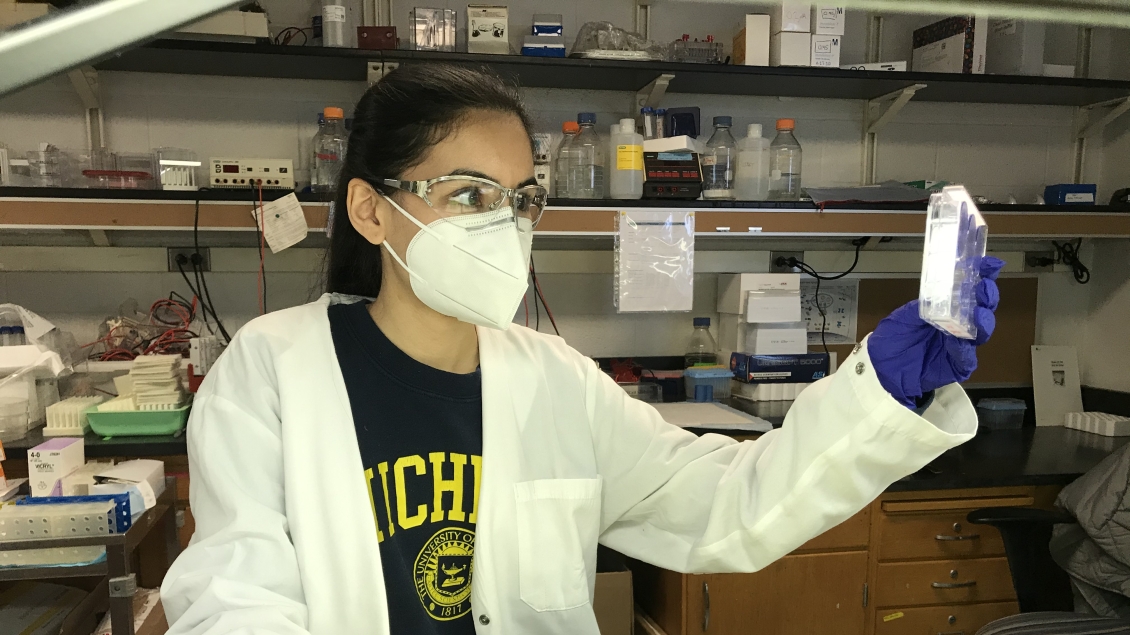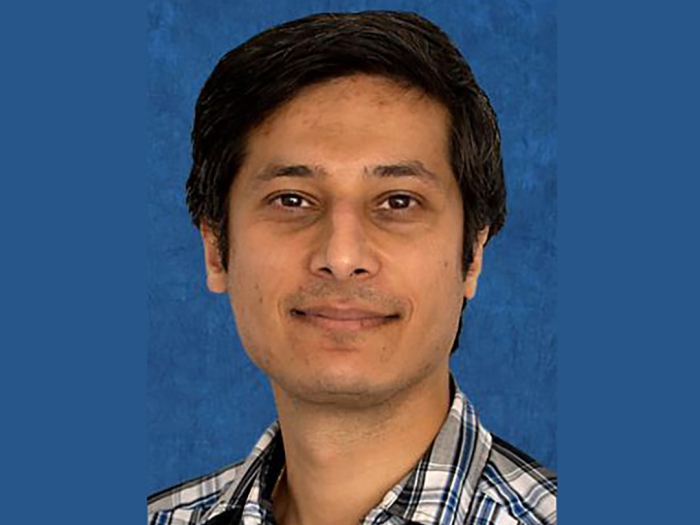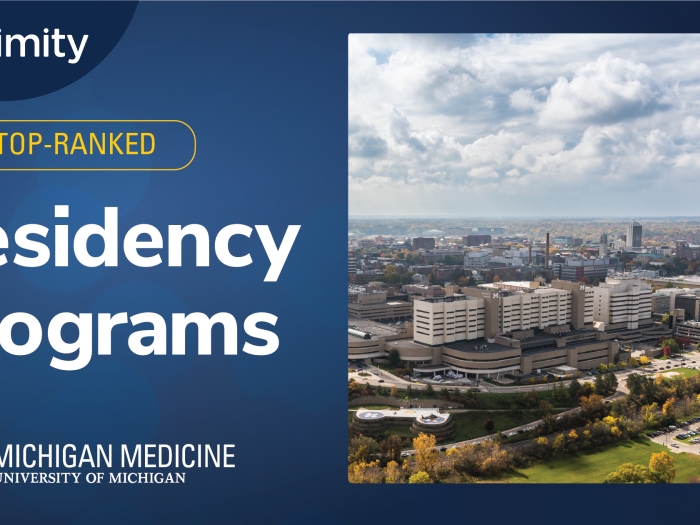
The Frontline in the Fight Against Cancer
Train on the cutting-edge of cancer treatment and research in our seven community clinics.
Join a pioneer of cancer treatment transformation as we work to improve patient lives, from the classroom to the clinic.
Since becoming our own department in 1984, we’ve changed how cancer is treated and researched. Our students, faculty and researchers have developed computerized treatment planning, validated IMRT and furthered “lean” treatment practices that help patients understand their care.
How will we change cancer treatment next? Lead the way, in one of our world-renowned education programs.
U-M Flint offers a Bachelor of Science in radiation therapy for students who want to become certified radiation therapists. Upon graduation, students qualify to take the Radiation Therapy Certification Examination given by the American Registry of Radiologic Technologists.
Become an excellent physician, oncologist and academic radiation oncologist at U-M Medical School. Our residents gain a broad education that allows them to become nationally recognized practitioners. You can accelerate your career by focusing on clinical practice, physics and biology.
We offer a CAMPEP-accredited Medical Physics Certificate as part of our Medical Physics Residency Program. Students learn more about molecular and cellular radiation biology, radiation and human health, and principles of radiation therapy. Set yourself apart with this certificate.
Our medical physics residents gain a strong understanding of radiation oncology's clinical and technical aspects. Enjoy the opportunity to learn about both proven and state-of-the-art treatments in a clinical setting. Residents also get to work with faculty on research and development projects.
U-M medical students and visiting medical students both have access to this immersive elective clerkship. Throughout the four weeks, students typically see one to three consults daily. Students also attend tumor boards, didactic conferences and treatment planning sessions.
Explore education and training programs in the University of Michigan Medical School Department of Radiation Oncology.
Learn what life is like in our Ann Arbor communities, where all four seasons bring a unique way to experience the magic of Michigan. Start exploring the culture, lifestyles, transportation options and flavors of this special city.





